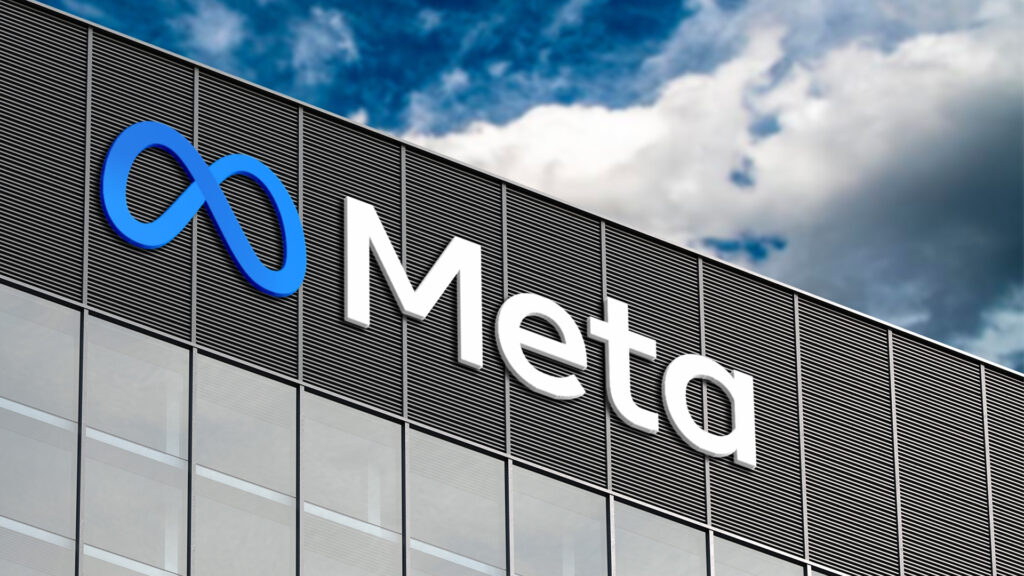The Mag Seven megatech story took a hit as a weak revenue forecast from Meta Platforms caused shares to plunge 16% in after-hours trading on Wednesday, dragging other shares down with them.
Shares closed down more than 10% in regular trading on Thursday, further impacting the rest of the market, although weak US GDP data also played a significant role.
Meta had been the megatech leader investors had hoped would buoy the faltering wider market. While Meta issued better-than-expected results for the first quarter, the stock sank due to a weak revenue forecast.
After thousands of job cuts in late 2022 and early 2023, Meta lifted investor expectations, resulting in the stock tripling last year and jumping another 40% so far in 2024.
The resurgence of Elon Musk and his hints about an affordable car helped boost Tesla shares by 12% in regular trading on Wednesday and an additional 4% in Thursday’s sell-off, but it was Meta that shook investor confidence.
Meta’s performance in the March quarter should have been sufficient to support the market; it was quite impressive. Revenue increased by 27% to $36.45 billion from $28.65 billion in the same period in 2023, marking the fastest rate of expansion for any quarter since 2021. Costs only rose by 6% year-on-year due to thousands of job losses.
Net income more than doubled to $12.37 billion from $5.71 billion.
Advertising revenue, which constitutes the vast majority of Meta’s business, surged by 27% in the first quarter to $35.64 billion. This improvement should have been a major positive for the company in after-hours trading, but it was overshadowed by negatives.
Much of these gains stemmed from better cost controls, aided by a 10% reduction in headcount from a year earlier to 69,329. Although this figure is higher than the 66,000 targeted after the last major job cuts in May 2023, comparisons will be more favorable for costs over the rest of this year due to the cuts from a year ago.
These cuts helped slash costs by 16% in the quarter, but analysts noted that the March quarter a year ago had higher costs, especially for redundancies, making the reduction look more favorable.
Meta laid off 11,000 people in late 2022 and another 10,000 in April and May of 2023.
Additionally, a couple of tech analysts believe that Meta’s Threads (a look-alike version of X, formerly known as Twitter) now has more daily users in the US than Musk’s platform. However, X still boasts more monthly users.
Meta no longer releases daily and monthly user data as it had done for years. Now, it employs a metric called “family daily active people.” This figure stood at 3.24 billion for March 2024, reflecting a 7% increase from a year earlier. However, there’s no way to compare this to past user data.
While all of this was favorable for investors, the weak outlook triggered a sell-off, even though it appears analysts were too optimistic.
Meta stated it expects sales in the second quarter to range from $36.5 billion to $39 billion. The midpoint of the range, $37.75 billion, would represent an 18% year-over-year growth and is below analysts’ average estimate of $38.3 billion.
However, the stock sell-off accelerated early in the earnings call after CEO Mark Zuckerberg discussed investments, particularly in areas like glasses and mixed reality, where the company currently doesn’t generate revenue. He also mentioned an increase in investments in artificial intelligence.
“On the upside, once our new AI services reach scale, we have a strong track record of monetizing them effectively,” Zuckerberg said.
Many analysts disagree with that and point to the glasses and the Metaverse—both of which absorbed billions of dollars with no real return, unlike the ad sales associated with Facebook and Instagram.
Also not helping investor sentiment was news of higher investment spending.
Meta stated its capex for 2024 is expected to be in the range of $35 billion to $40 billion, an increase from a prior forecast of $30 billion to $37 billion “as we continue to accelerate our infrastructure investments to support our artificial intelligence (AI) roadmap,” Meta said.
The higher AI spending is due to rivals like Microsoft and Alphabet spending heavily, and chipmaker Nvidia making substantial profits—though Nvidia shares fell 3.3% on Wednesday, bringing losses in the past month to 16%, including last week’s significant 10% slump. However, Nvidia shares were up more than 3% on Thursday.

